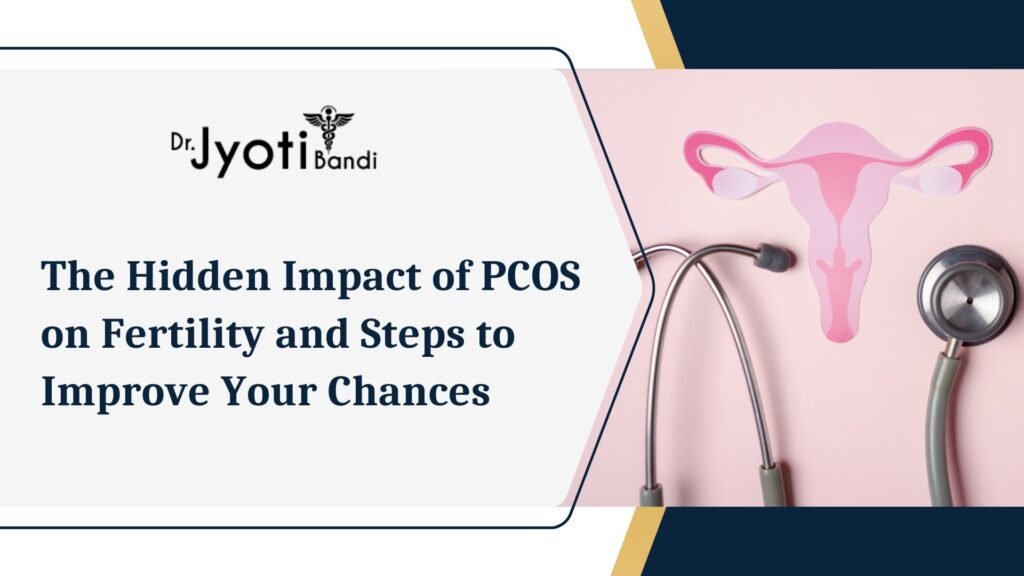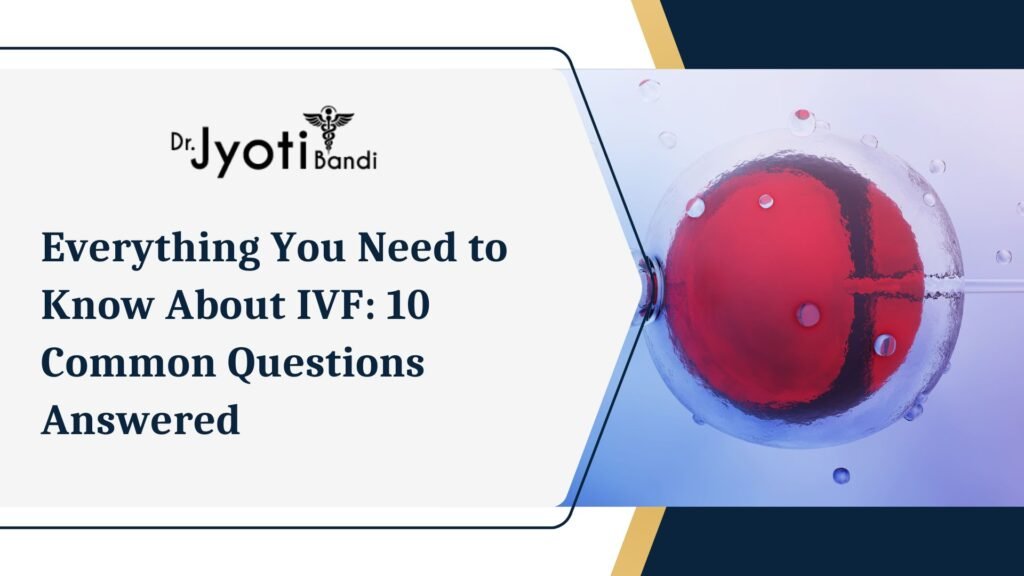Vaginismus: Understanding Its Meaning, Symptoms, Causes, and Treatment | vaginismus treatment in Bangalore
Vaginismus is a disorder that involves spasms of the muscles of the pelvic floor that encircle the vaginal opening, making intercourse painful. Tightening of these muscles can occur during sexual activity, the intramuscular insertion of tampons, or gynecological examinations.
The pain varies from mild to severe cramps and may have adverse impacts on a woman’s sexual health and general well-being. Most women may find this experience uncomfortable in some way or another, whether physically or emotionally. These experiences cause stress for the woman and her partner.
Prevalence and Onset of Vaginismus
The precise incidence of vaginismus is hard to determine as most women are too shy to report their experiences to doctors. They may appear at the time of puberty, in late teens, or early adulthood, usually when one is in their first sexual experiences or the first time they use tampons.
It is also important to note that a new onset of vaginismus can occur at any given time in the woman’s life, and a woman who previously did not have any strain in penetration may develop it at a later time.
Symptoms of Vaginismus
Common symptoms include:
-
- Pain or discomfort when there is an attempt to penetrate the vagina.
-
- Painful sensations in the genital area when making love (dyspareunia).
-
- Pelvic examinations cannot be carried out because of spasms or pain.
These can also cause emotional problems like anxiety, fear of intimacy and other related issues.
Causes of Vaginismus
In defining vaginismus, the cause and effect can be difficult to pinpoint because it is partly a physical and partly a psychological condition. Common underlying causes include:
Anxiety Disorders: Psychological factors that can trigger the occurrence of vaginismus include anxieties over sexual performance and or past sexual abuse.
Physical Trauma: Vaginal tears from childbirth or past surgeries may create aversions to penetration.
Emotional Factors: Psychological factors arising from such early childhood experiences as abuse can cause the woman to develop vaginismus.
Diagnosis of Vaginismus
To diagnose vaginismus, a doctor or nurse will interview the patient, review the medical and sexual history and may also perform a physical examination of the pelvic area.
This examination is useful in excluding other causes of vaginal pain, such as endometriosis or infections, which also need specific therapies.
Treatment Options for Vaginismus
Therapy for vaginismus is centred on lessening the muscle spasm that leads to the contraction of the vaginal opening as well as the anxiety that comes with it. In most cases, both medical and psychological treatments can be useful. Commonly recommended treatments include:
Topical Medications: The use of topical anaesthesia, including Lidocaine, can help in minimizing pain.
Physical Therapy:
-
- Kegel Exercises: These exercises include using muscles at the base of the abdomen that form the pelvic floor. Women are supposed to do around ten repetitions and maintain the tension for 2–10 seconds at least three times a day.
-
- Vaginal Dilator Therapy: There are different sizes of graduated vaginal dilators which can help in the gentle stretching of muscles in the vagina.
Cognitive Behavioral Therapy (CBT): CBT helps treat the anxiety or trauma that is related to the condition of vaginismus. It assists people in changing negative thought patterns and decreases stress associated with sexual behaviours.
Psychosexual Counseling: Sexual therapists who are well-trained can help people and couples regain the fun of sexual relationships as well as manage other emotional issues.
Potential Complications of Vaginismus
Vaginismus can cause tension in interpersonal relationships, affect one’s well-being and complicate fertility issues in couples. This condition results in increased anxiety and a generally poor quality of sexual health.
In the most severe forms, vaginismus might lead to problems with the natural conception due to the impossibility of intercourse. Some techniques are employed by couples, for instance, int, uterine insemination (IUI) and in-vitro fertilization (IVF) techniques, which may have to be done under sedation to overcome the mentioned challenges.
Living with Vaginismus
Thus, vaginismus is what can cause a lot of discomfort, but it is crucial to realize that this condition has ways it can be managed. The prognosis usually depends on the causes that are evaluated during the consultation of a health care professional.
When to Seek Help
Women who encounter these signs and symptoms; painful intercourse, difficulty in inserting tampons or any other abnormal changes in their vaginal health should seek medical help. It is therefore important that the signs are identified early enough and the patient seeks help so that the remedy is done and a normal, healthy sex life is regained.
Dr Jyoti Bandi is a professional healthcare worker who has been practising for many years and specialises in matters to do with women’s reproductive health, especially for patients who are having complications in their vaginismus.
FAQ
1. What are the main symptoms of vaginismus?
The primary symptom is an involuntary tightening of vaginal muscles, causing pain during penetration or attempts at vaginal examinations.
2. Can vaginismus be cured?
Yes, vaginismus can be treated effectively, though the duration of treatment varies based on underlying causes.
3. What causes vaginismus?
Vaginismus can be triggered by anxiety, physical trauma, or past emotional experiences, making its causes complex and multifaceted.
4. How can I relax my vaginal muscles?
Techniques like deep breathing, Kegel exercises, and gradual exposure to vaginal penetration can help in muscle relaxation.
5. Are there non-penetrative ways to enjoy sex with vaginismus?
Yes, many women find fulfilment in non-penetrative sexual activities like kissing, cuddling, and mutual masturbation.
6. What should I expect during a medical evaluation for vaginismus?
Your doctor will discuss your symptoms and history, followed by a pelvic exam to check for other potential sources of pain.
7. Is vaginismus related to fertility issues?
Yes, vaginismus can complicate natural conception but assisted reproductive techniques like IUI or IVF can be options under medical supervision.


